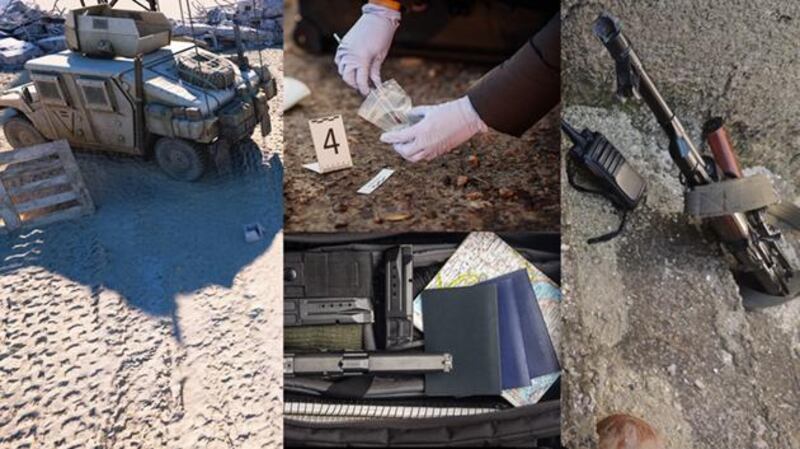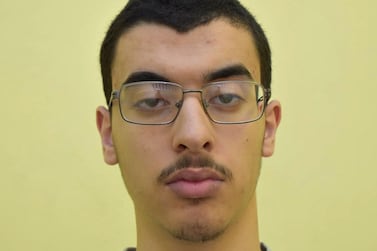Battlefield evidence, including wedding invitations and terrorist plot lists, have been used across Europe to prosecute returning foreign fighters, a report has revealed.
ISIS and Al Qaeda militants have been prosecuted by at least 10 EU nations with help from battlefield evidence provided by the US.
The 2020 Memorandum on Battlefield Evidence, published by crime agency Eurojust on Tuesday, showed its use in prosecutions had grown in the past two years.
Evidence included photos depicting crimes committed against civilians, fingerprints on explosive devices and emails describing terrorist plots.
In more unusual examples, the discovery of wedding invitations, marriage certificates and wills also helped win convictions.
“While there are many challenges in obtaining such data and making sure it meets the criteria for admissible evidence, it has paved the way for bringing terrorist suspects to trial,” the report said.
"Since 2018, cooperation with the US authorities has also been developing in this area. While the 2018 Eurojust Memorandum on Battlefield Evidence reported limited experiences of using battlefield evidence, the 2020 report shows that, during the past few years, several countries have used such evidence in their criminal proceedings against foreign terrorist fighters and other persons suspected of criminal offences during armed conflicts."
Battlefield evidence can be considered as proof, similar to any other type of evidence, in criminal proceedings.
Judicial authorities in 10 EU countries reported that, since 2018, they have increasingly received and used battlefield information in court proceedings.
The report said ISIS enlistment forms were used in some prosecutions and emails discovered in US raids also helped.
“In one member state, the judicial authorities had made use of an electronic letter from a senior Al Qaeda member to the then leader of Al Qaeda, which contained a description of a series of potential terrorist plots in Europe and elsewhere,” it said.
“The letter also referred to a suspect who was a national of the member state in question. The letter had been seized during a raid carried out by US military forces and was transmitted by the US authorities. The US authorities have gained a lot of experience in collecting battlefield information and making it available to international partners.
“The US authorities have sought to increase awareness and use of battlefield information in EU member states and non-EU countries, in partnership with Eurojust.”
In May, EU prosecutors called for ISIS fighters to be tried for war crimes and be given tougher sentences for terrorist offences.
More than 20 ISIS terrorist cases are going through EU courts for war crimes offences and more than 3,000 are under investigation.
These include people who took photographs with dead soldiers, the spouses of foreign fighters, those who pillaged and others who gave child soldiers to ISIS.
The number of EU terrorist investigations has risen by 14 per cent in the past year.







